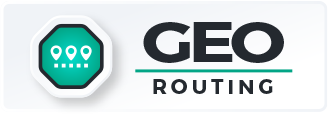- Blog
- Geo Scheduling
- Why Every Modern Enterprise Needs a Field Service Scheduling Platform
Enterprises that rely on field technicians face a complex challenge: how to coordinate hundreds or even thousands of appointments each week without overwhelming staff or frustrating customers. Spreadsheets and phone calls simply can’t keep up with the pace of modern operations. A field service scheduling platform gives enterprises the visibility and automation they need to deliver reliable service at scale. By combining scheduling, routing, and dispatch into one system, companies can streamline operations, reduce costs, and improve customer satisfaction — all while giving managers real-time control of their field teams.
What Is a Field Service Scheduling Platform?
A field service scheduling platform is a centralized system that manages technician assignments, customer appointments, and dispatch operations. Unlike basic calendars, it integrates with field service scheduling software, routing tools, and service dispatch software to balance workloads and maximize efficiency. Enterprises that adopt a field service management platform gain real-time visibility into field operations, making it easier to meet SLAs, reduce downtime, and deliver a consistently reliable experience for customers.


Pro Tip: Enterprises shouldn’t settle for fragmented systems. Geo Scheduling combines field service scheduling platform capabilities with routing, dispatch, and workload balancing — delivering an end-to-end solution that scales with your business.
Why Enterprises Can’t Rely on Manual Scheduling
Manual methods break down as organizations scale. Large enterprises often manage multiple teams across regions, with complex appointment types and customer expectations. Without automation, missed appointments and inefficient routes are inevitable. A field service scheduling solution eliminates these issues by automating job assignments, accounting for technician availability, and integrating routing to minimize travel time. The result: technicians spend less time on the road and more time serving customers.
Key Benefits of a Field Service Scheduling Platform
Modern enterprises invest in field scheduling software to gain measurable advantages in performance and cost control. A centralized platform helps businesses streamline complex scheduling tasks that would otherwise drain time and resources. By automating technician assignments and optimizing routes, companies reduce travel time and increase the number of jobs completed each day.
Real-time updates also improve communication between teams in the field and managers in the office, minimizing missed appointments or scheduling conflicts. In addition, integrated reporting tools provide valuable insights into productivity and resource allocation, allowing for smarter long-term planning. Altogether, a field service scheduling platform equips enterprises to operate more efficiently while keeping costs under control.
Real-Time Dispatching
Field service dispatch software allows managers to assign and reassign jobs instantly, adapting to cancellations, delays, or urgent requests. Real-time visibility ensures resources are always used effectively.
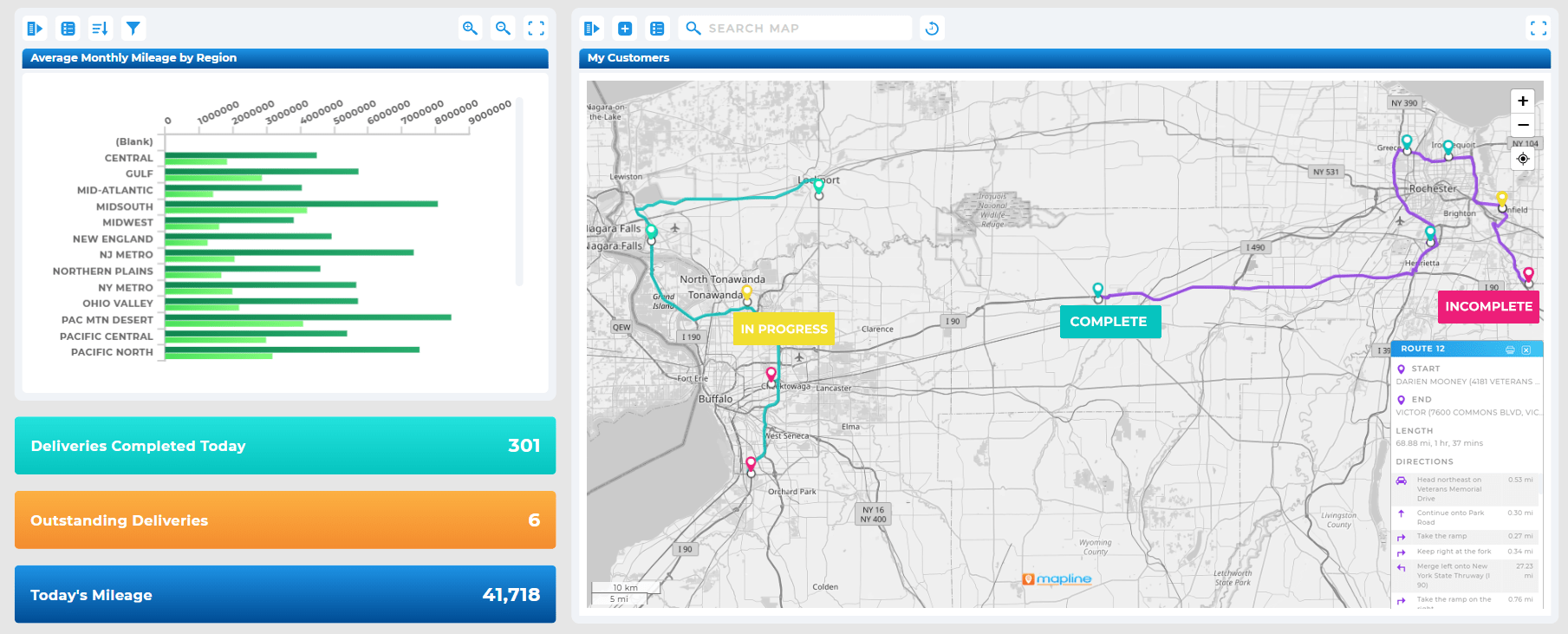
Balanced Technician Workloads
Service technician scheduling software helps prevent burnout by distributing jobs evenly based on availability, skill sets, and geography. Balanced workloads lead to better productivity and happier employees.
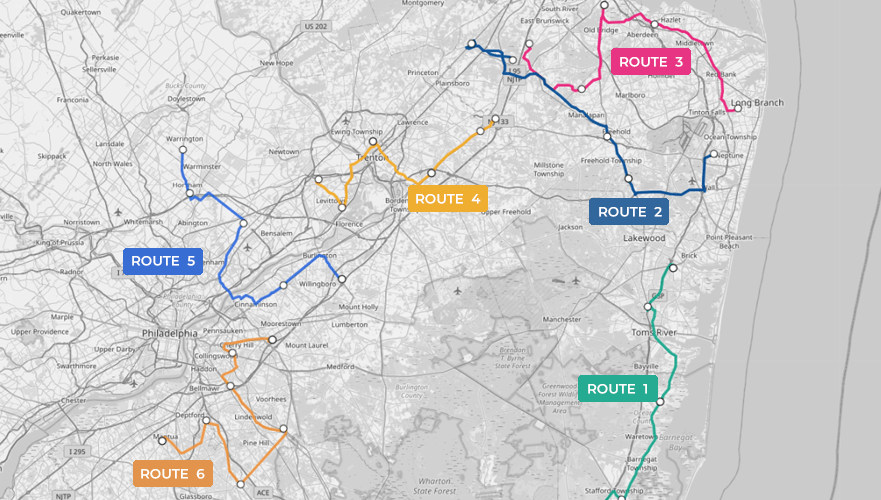
Integration with Enterprise Systems
Enterprises need more than a standalone calendar. The best service management software integrates scheduling with CRMs, ERP systems, and inventory management, giving leaders a full view of operations.
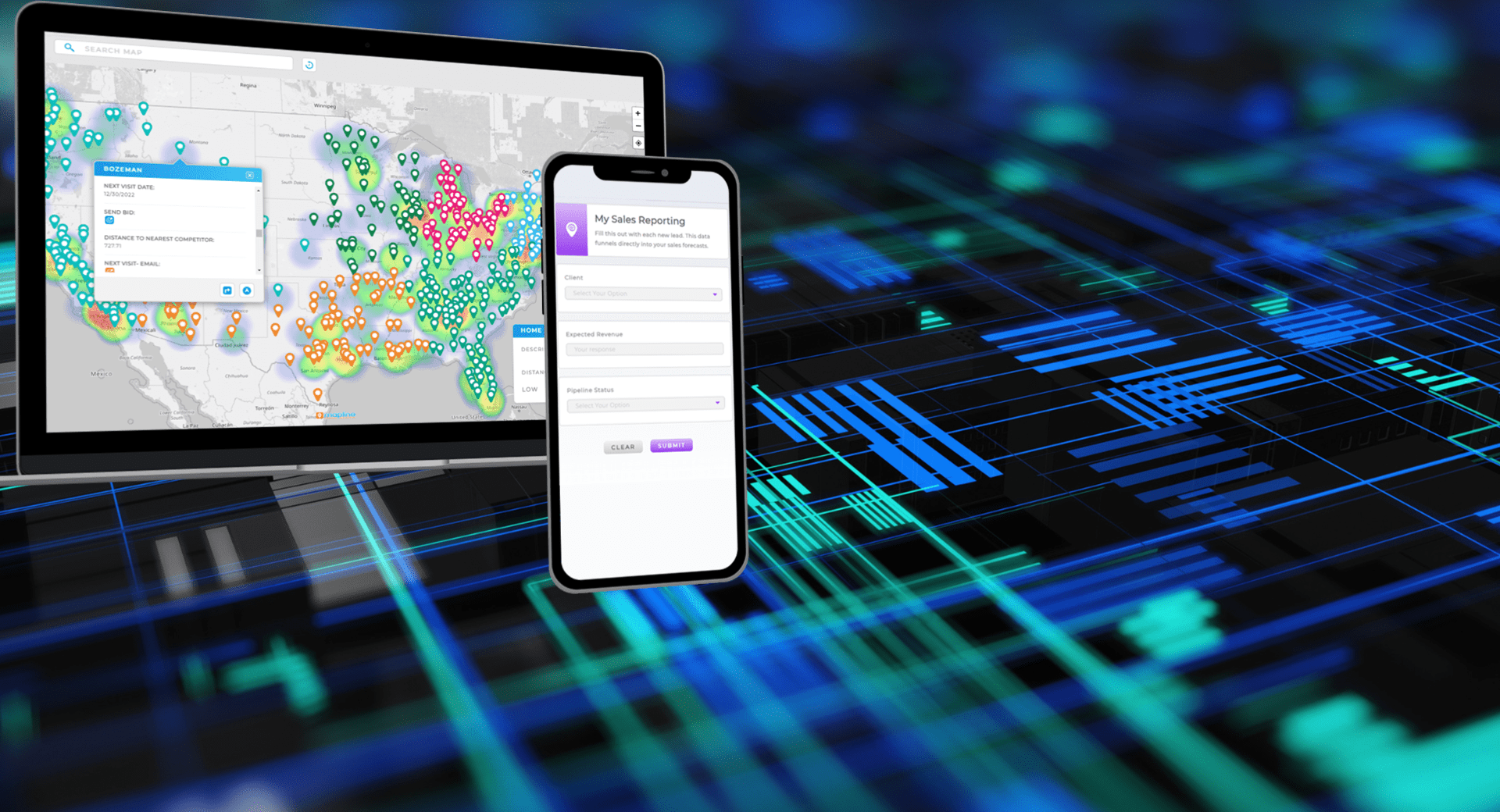
Improved On-Time Performance
By pairing scheduling with routing, enterprises can ensure technicians take the fastest, most efficient paths. This capability is a hallmark of the best service scheduling software, reducing late arrivals and missed SLAs.
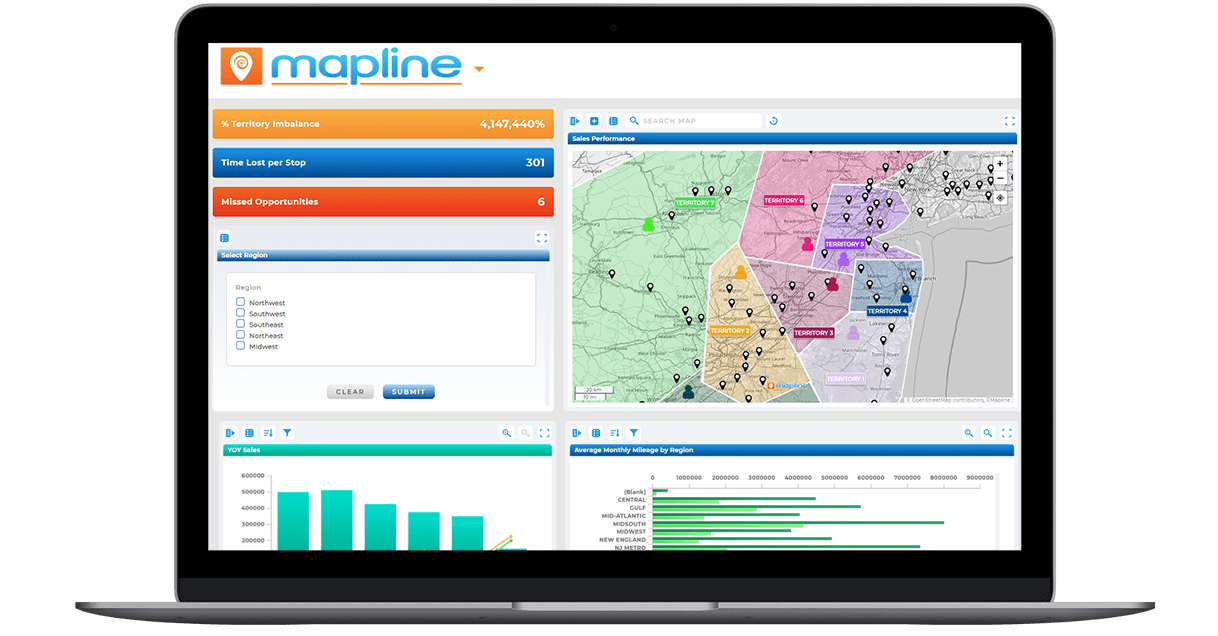
It’s a centralized system that automates technician scheduling, dispatch, and workload management for enterprises.
Software often supports small teams, while a platform integrates scheduling, routing, and enterprise systems for large-scale operations.
Because manual methods can’t keep up with high volumes of appointments, complex teams, and customer demands.
It ensures jobs are assigned in real time and technicians stay on schedule.
By integrating scheduling with routing, dispatch, and enterprise systems for full operational visibility.
Utilities, HVAC, construction, telecom, and other service-heavy industries that depend on field technicians.







